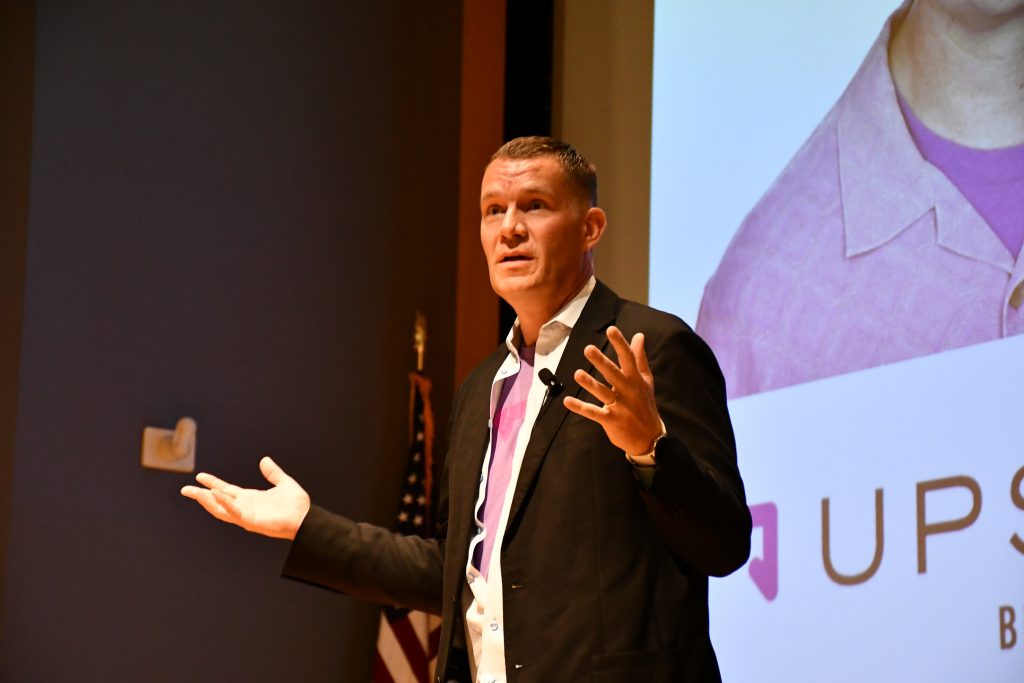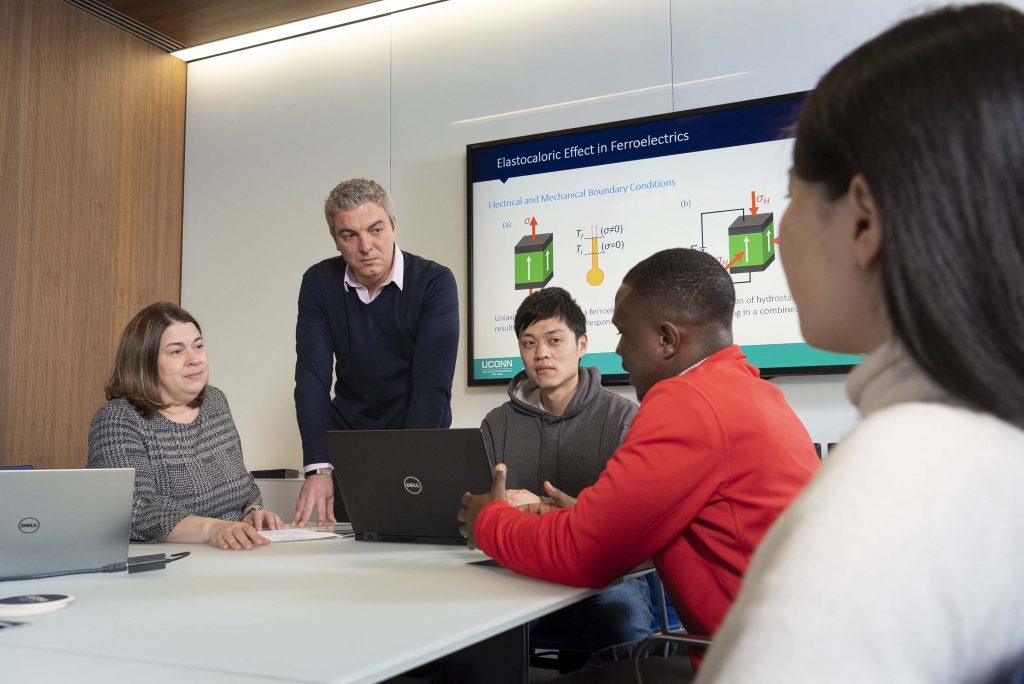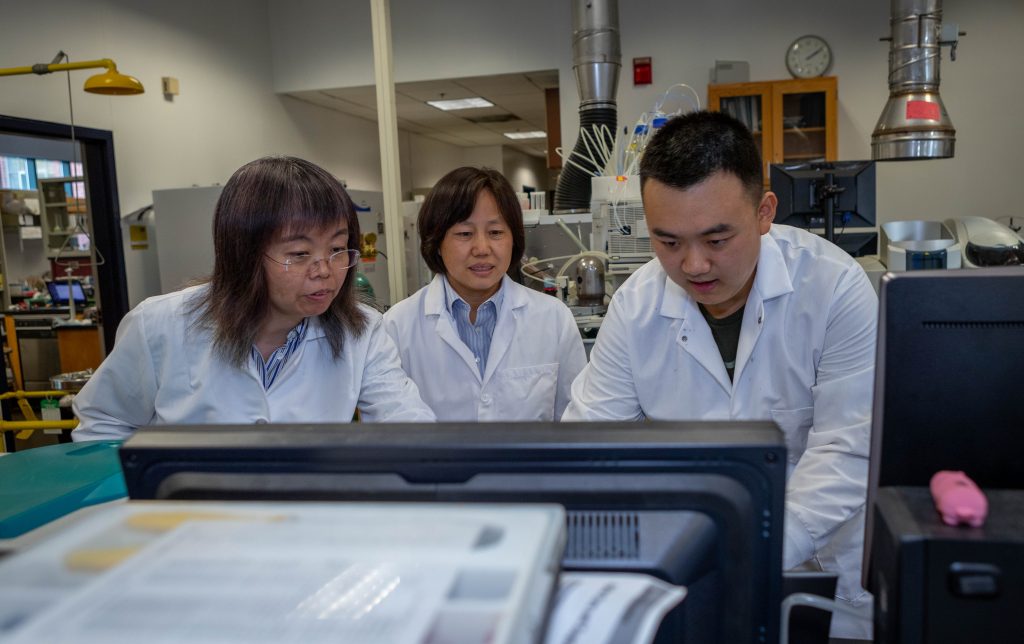College of Engineering
Priceline.com Alum Ushers In ‘Month of Discovery’
“When you are looking to start a company, you have to be curious about the problem the company will solve and if there is really a need for it,” said Timothy "Scott" Case, ’92 (ENG).
October 2, 2019 | Mike Enright '88 (CLAS), University Communications
Meet the Researcher: George Bollas, UConn Tech Park
Led by George Bollas, the United Technologies Corporation Institute for Advanced Systems Engineering (UTC-IASE) has been solving these real-world problems for industry since 2013.
October 2, 2019 | Anna Zarra Aldrich '20 (CLAS), Office of the Vice President for Research
Connecticut Transportation Safety Research Center Presented Best Practices Award
The University of Connecticut School of Engineering is proud to announce that the Connecticut Department of Transportation, and the Connecticut Transportation Safety Research Center, led by Civil Engineering Professor Eric Jackson, has been presented with the Best Practices Award by the Association of Transportation Safety Information Professionals (ATSIP) at the 2019 Traffic Records Forum on August 4-7 in Austin, Texas for their CT Roadway Management System.
September 30, 2019 | atm16108
Engineers Produce Water-Saving Crop Irrigation Sensor
The sensors are small enough to insert into the soil and less expensive to manufacture than current technology, the researchers write in the Journal of Sensors and Actuators.
September 26, 2019 | Mike Enright '88 (CLAS), University Communications
$5M Gift Launches Arts and Engineering Institute
While the Krenickis, who both graduated in 1984, have given generously across the university before, this gift honors their personal UConn story, uniting John’s major in mechanical engineering with Donna’s, in graphic design. The Krenickis met in the fall of their junior year. The couple has raised three children and carved out careers that have crossed industry, private equity, and the arts.
September 25, 2019 | Eli Freund
UConn Partners in $100M DOE Innovation Hub on Water Technologies
A research consortium including the University of Connecticut has been awarded a five-year, $100-million Energy-Water Desalination Hub to address water security issues in the United States.
September 25, 2019 | Eli Freund
‘Wake-up Call’: Drone Strikes in Saudi Arabia Show Urgency of UConn Research
Researchers at UConn's Eversource Energy Center are working hand-in-hand with its namesake to build a drone detection system for the state's major electrical provider.
September 25, 2019 | Cindy Weiss, CLAS Today
UConn Partners in $100M DOE Innovation Hub on Water Technologies
A research consortium including the University of Connecticut has been awarded a five-year, $100-million Energy-Water Desalination Hub to address water security issues in the United States.
September 25, 2019 | Jessica McBride, PhD
‘Wake-up Call’: Drone Strikes in Saudi Arabia Show Urgency of UConn Research
Researchers at UConn's Eversource Energy Center are working hand-in-hand with its namesake to build a drone detection system for the state's major electrical provider.
September 24, 2019 | Eli Freund
Solving Industry Challenges By Teaching Microscopes to Talk To Each Other
By learning how to make different types of microscopes communicate with each other, UConn researchers helped solve a tricky industry problem.
September 17, 2019 | Kim Krieger









